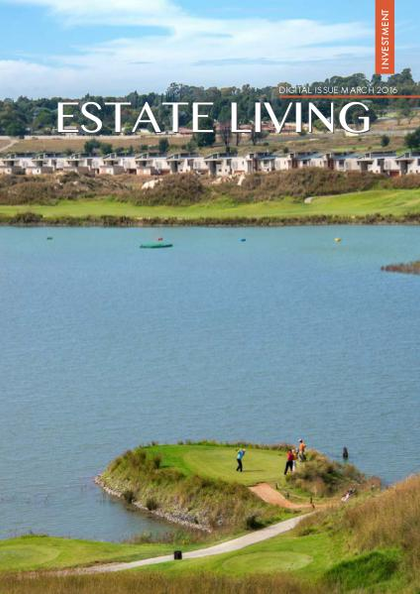We’re so excited about fibre optics and how it’s going to change the way we do almost everything. But, as with many new things, we’re still a bit unsure about the details – the actual nitty gritty of what it is and how it will roll out. So we caught up with Juanita Clark, CEO of the FTTH Council Africa, when she was in Cape Town recently, and asked her how it all fits together.
Juanita, who is the FTTH Council Africa?
The FTTH Council Africa is an independent non-profit organisation that drives the development and deployment of fibre-based broadband networks. The organisation was established in late 2010 by ten founding organisations with a vested interest in the fibre optic industry.
Why Fibre?
Put simply, bandwidth demand. Our communication needs have changed, and copper is becoming increasingly outdated. However, this demand runs much deeper than just basic consumer internet bandwidth. Massive increases in video content, high-bandwidth applications, cloud computing, Software as a Service (SaaS) and convergence are all driving the need for increased bandwidth. There are a number of technologies that can – to a greater or lesser extent – satisfy this demand, but fibre in the local loop – and more specifically, fibre directly connecting the customer’s premise – will be one of the very few technologies that will be able to keep pace with projected demand.
We believe that fibre optic networks will allow African countries to increase their effectiveness and competitiveness within the global marketplace. Five years ago the council’s charter was simply to educate African governments, policy makers and political leaders on why and how high-speed fibre connectivity can be delivered within the next few years. But recently that focus has shifted to end users and homes.
What’s driving the exploding interest in fibre optic deployments?
In South Africa the Altech ruling opened up the industry for competition – ICASA (Independet Communication Authority of SA) has issued more than 450 telecomms licenses in South Africa alone. This has resulted in diversification from both directions. Traditional telecomms companies have expanded their offerings to include services, and service providers have invested in building networks to carry their services. In order to accommodate the unprecedented growth of demand for moble communication in Africa, mobile operators are are investing in fibre optic back-haul to support expansion of their networks. We have also seen a huge increase in end-to-end fibre networks, and many companies are announcing strategies for FTTH deployments.
Juanita, there are clear distinctions between FTTH and FTTB, looking at FTTB, what are the benefits of fibre for property managers and business parks?
Where FTTH is more geared towards triple play apps FTTB (Fibre to the Business) is more aimed at commercial apps such as cloud offerings and SaaS. Deploying of fibre infrastructure to corporate tenants allows the highly competitive commercial property industry to diversify their historical property offering. Fibre is therefore a key value proposition, and a strong differentiator for today’s property management companies. But education is key, as operators still have problems getting access to some business parks and gated communities.
We are also arguing that fibre should be viewed as a standard infrastructure service like electricity, water and sanitation. Developers should make provision for telecomms infrastructure during the development planning phase. This will prevent a lot of headaches later on when operators request access to properties to deploy infrastructure.
In addition to ultra-fast internet access, FTTH can offer specialty interests such as internet gaming or international TV programming. Community and home security are priorities for most residents and FTTH can support everything from community-based IP cameras to traditional home security.
Each year the FTTH Council Africa hosts a conference. In the past these events were very much focussed on B2B (Business to Business). Over the past two years it has become apparent that there is a big need for Home Owner Association's (HOA) to have access to an event that speaks to their requirements. Many HOA’s take a big burden on themselves trying to find the best possible FTTH solution for their communities. With this in mind we are changing the format slightly this year, by opening our doors to HOA’s and shifting the focus to B2C. (Business to Consumers). We are inviting all the operators to be present and it will be a one-stop-venue where HOA’s can connect with FTTH operators and suppliers and find answers to the many questions they have. We welcome all HOA’s to attend and provide free access to management committees. There is such a big demand and we look forward to seeing all in Cape Town early October.

